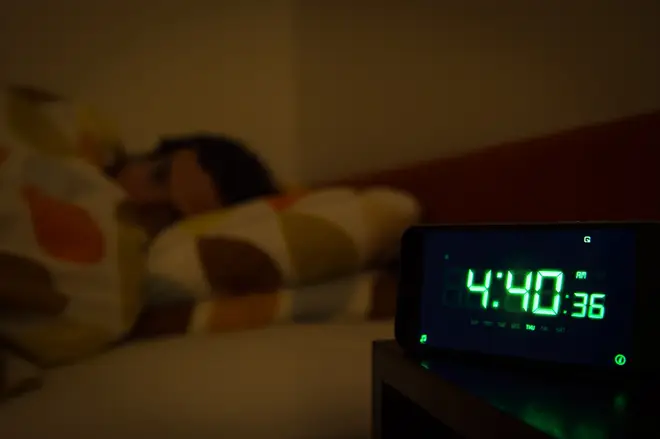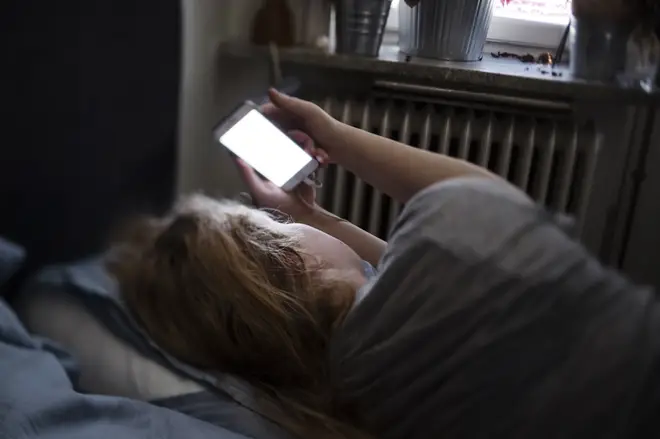
Nick Abbot 10pm - 1am
24 October 2019, 21:50

The clocks will go back in the middle of the night this Sunday, meaning we gain an extra hour in bed. Here is everything you need to know about why the clocks are going back an hour.
It may feel like summer is a distant memory, but British Summer Time officially ends this weekend meaning the clocks will go BACK one hour at 0200 on Sunday 27th October 2019.
The reason the clocks go forward and back is because of a campaign introduced at the beginning of the 20th century, which successfully argued in favour of changing the clocks during the summer months to avoid wasting time in the morning.
The idea was proposed in Britain by builder William Willett, who was angry at the "waste" of useful daylight during the summer.
Mr Willett complained that people were still asleep in bed, even though the sun had been up for hours as he rode his horse through Chislehurst and Petts Wood.
Nowadays people say that changing the clocks is beneficial for reducing energy consumption for environmental reasons, having longer evenings to support leisure and tourism, encouraging people to exercise more outdoors, and reducing road accidents.

The clocks change twice a year.
They go forward in the middle of the night on the last Sunday of March each year and go back on the last Sunday of October every year.
We therefore lose an hour of sleep in March and gain an extra hour in bed in October.
Clocks on all smart phones, iPads, laptops and any devices with Internet connection should update automatically, but analogue clocks and watches will need changing manually.
🕑 Sunday 27th October 🕑
— NHS Professionals (@NHSPbank) October 23, 2019
If you're working when the clocks go back, your pay will automatically include the extra hour you've worked – you don't need to do a thing! pic.twitter.com/uvIrOJrQ4v
The change always occurs on a Saturday night or Sunday morning as the time is believed to be the least disruptive for schools and workplaces.
However employees who do overnight shift work may be affected by the clock change, and are advised to speak to their employers about the situation.
Adjusting the clocks by an hour can have an impact on some people's sleep patterns. Here are some tips for getting a good night's sleep:
1) Avoid using mobile phones or electronic devices before bed as these can make you struggle to fall asleep.
2) As well as avoiding too much artificial light from device screens, dim the lights in your room as you prepare for bed and use curtains and blinds to increase darkness.

3) Maintain a bedtime routine - this is especially important for children who get used to going to bed at a set time before school.
4) Take a bath or try reading a book before bed to help you relax.
5) Try not to worry about problems encountered during the day just before bed, as this will prevent you from getting a peaceful night's sleep.